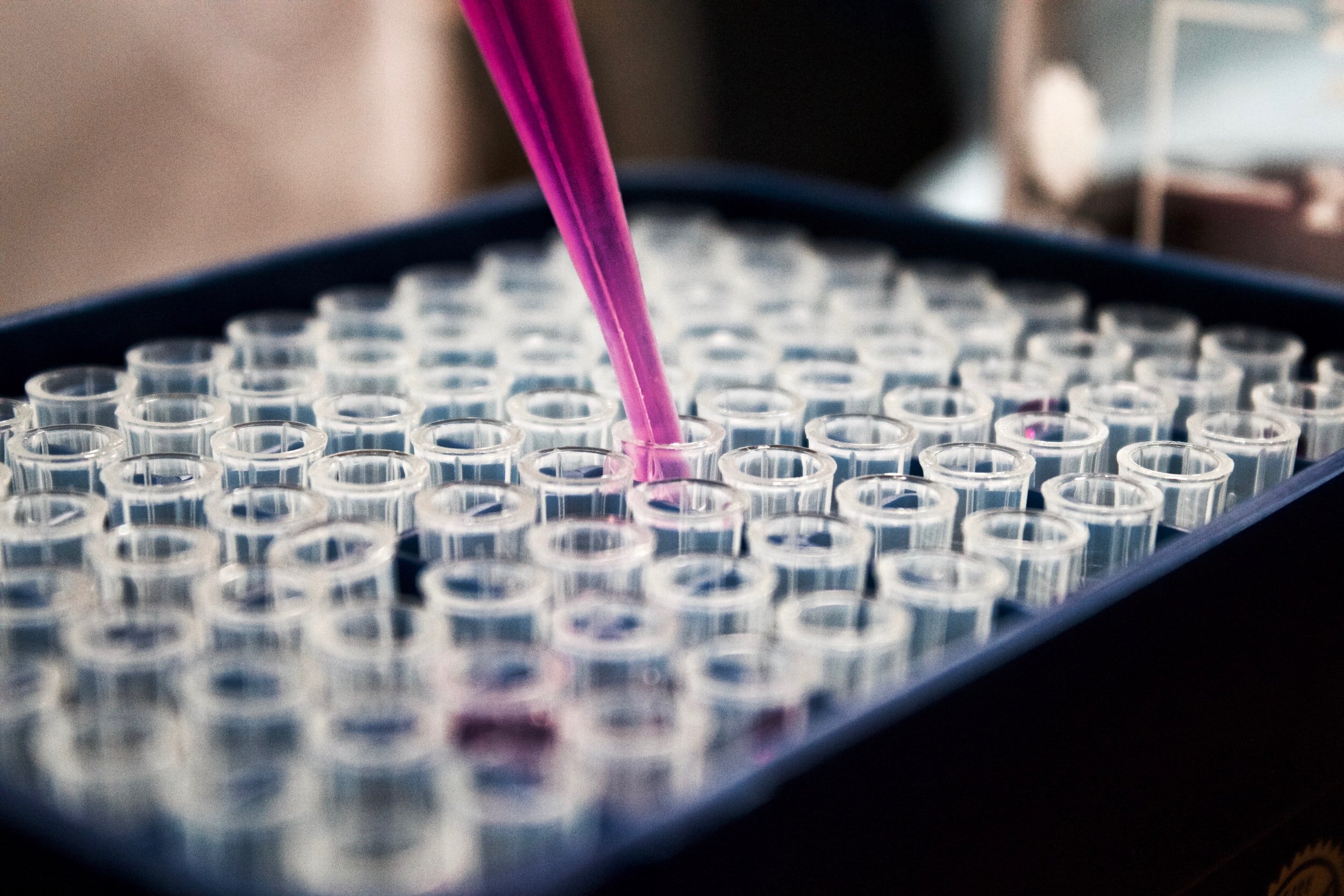Latest News, Grants & Research Reports
Read our latest news, blog posts and research updates right here
Dr Rob Ewing, an Assoc Prof in Cancer Systems Biology will be assessing, ‘How does the Zika virus kill Neuroblastoma cells? A potential new oncolytic virotherapy for Neuroblastoma’.
Members of this team at Southampton discovered that the Zika virus can specifically infect and kill cells in childhood brain tumours, and it has shown some promise in the laboratory with aggressive neuroblastoma. The funded research will look into the appropriateness of using this virus to specifically infect and destroy cancer cells without destroying normal cells; an approach known as oncolytic virotherapy. These are attractive potential treatments for childhood cancers as they typically have low toxicity and are well tolerated.
Neuroblastoma UK statement about debate in House of Commons on childhood cancer outcomes
Neuroblastoma UK, a charity that funds research into neuroblastoma, a rare and often aggressive childhood cancer, welcomes the debate in the House of Commons today (26 April) on childhood cancer outcomes.
There is an urgent need for more research funding into childhood cancers, particularly neuroblastoma, to improve diagnosis, treatment and survival rates.

From molecules to medicine: new funding to accelerate rare childhood cancer research
Thanks to your kind donations, Neuroblastoma UK is pleased to announce two research grant awards totalling £683,477, with a focus on improving treatment for children with advanced stages of the disease.
The grants, which include a donation of £15,000 from charity Friends of Rosie, will enable scientists to progress their research and develop safer, non-invasive and more effective treatment for children with the disease.

Research Q&A with Professor Deb Tweddle
During Childhood Cancer Awareness Month 2021, we invited our supporters to share their neuroblastoma research questions with us.
Professor Deb Tweddle, Professor of Paediatric Oncology at Newcastle University and an Honorary Consultant in Paediatric and Adolescent Oncology at the Great North Children’s Hospital, Newcastle answers questions about research into neuroblastoma relapse, survival and treatment options.

A step towards better precision in treatment
A new international risk classification system has been developed for children with neuroblastoma in North America, with further revisions that could benefit children with the disease around the world.

Clinical trial for children with high-risk neuroblastoma open
We are delighted to share that the SIOPEN High-Risk Neuroblastoma 2 trial is now officially open and ready to recruit at its first UK hospital, with more to follow soon.
In May 2020, we announced the award of £609, 762 in partnership with Solving Kids Cancer to open the UK sites of the SIOPEN High-Risk Neuroblastoma 2 trial. This latest European-wide study will look to answer important questions about the standard care protocols for children with high-risk neuroblastoma, and how they might be improved.

Neuroblastoma UK announces new 2021 Grant Round
We are delighted to announce the launch of our new research Grant Round for 2021.
Postponed from 2020 due to the coronavirus pandemic, our biennial grant round for 2021 will focus on applications for research that will have the greatest potential impact to improve treatment for children with neuroblastoma.
Developing personalised treatment for ALK-positive neuroblastoma
Thanks to funding from Neuroblastoma UK, post-doctoral research associate Dr Perla Pucci was recruited to join a neuroblastoma research team at the University of Cambridge.
The team, led by Dr Suzanne Turner, are looking to develop more personalised treatment for children with ALK-positive neuroblastoma. Perla tells us more about how the project has progressed.

New immunotherapy shows promise for treating neuroblastoma
A novel CAR T-cell therapy designed to target cancerous tumours has shown promising early results in treating children with neuroblastoma.
The original pre-clinical work was funded by Neuroblastoma UK to help launch the study. Dr Karin Straathof, one of the lead investigators on the study, tells us more.

Understanding potential cancer-causing proteins to improve neuroblastoma treatment
In 2019, Neuroblastoma UK provided a grant of £143,648 to Dr Andrew Stoker and his team at University College London.
The team want to investigate how a particular protein that is well known to promote tumours in several cancers including breast, lung and prostate cancer works in neuroblastoma cells.
